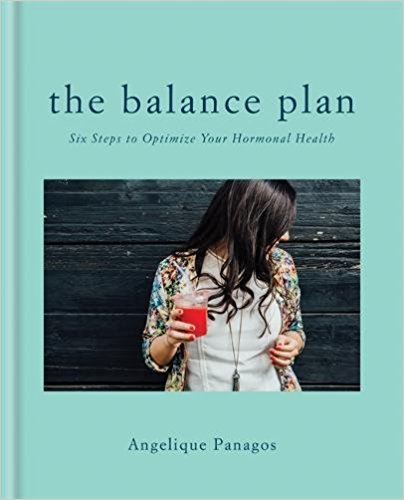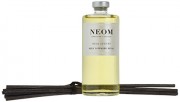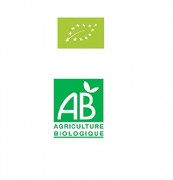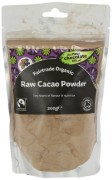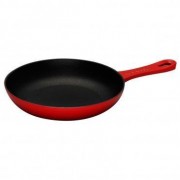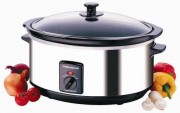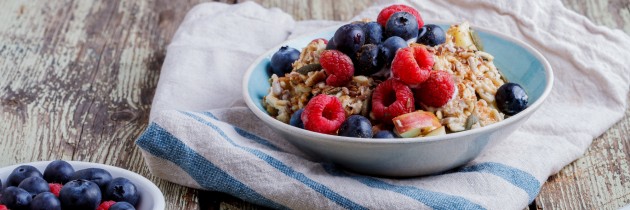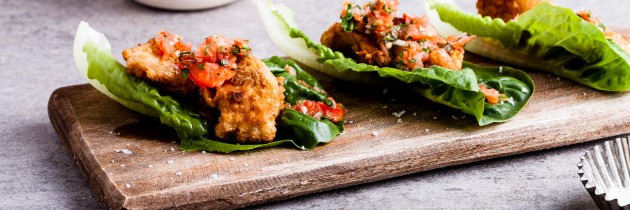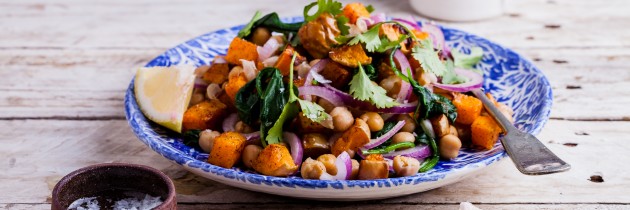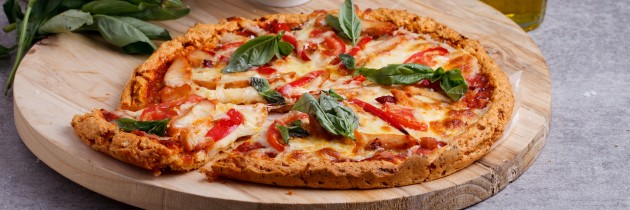ASK Angelique: the rules on sugar in baby foods.
Explaining the rules on sugar in baby foods, plus my pick of sugar-free baby foods from the shops.
Welcome to the first of our new series, ASK Angelique! Here’s your chance to ask your most pressing nutrition and wellness questions. I’ll do my best to answer as many as I can here on the blog.
Here’s today’s question, from new Nana, Kelly…
“…my daughter has just started weaning my 6-month-old granddaughter. She is still breastfeeding, wants the best for her daughter, so has been strictly following the advice on which food is suitable. No salt, sugar, no honey (until 12 months old) etc. She has been making her own food but has also bought jars of food for when she is out and to keep at home for convenience. I was surprised when she told me that she was struggling to find baby food in the supermarket, even the organic ones, that didn’t have sugar in them. Even a banana pudding had added sugar. How can that be?! Is this not training the next generation to expect sweet foods right from the off! I remember when my children were small (and I used to study labels for artificial food colourings etc.) I discovered that monosodium glutamate was banned from foods ‘specifically intended for children’ but because crisps weren’t a food ‘specifically intended for children’ they are allowed to put it in. As baby food is aimed at babies how can they be allowed to add sugar? I would have thought that it is against all guidelines to put added sugar in foods that would naturally be sweet.” – Kelly L
Hello Kelly, thank you for your wonderful question and a huge congratulations on becoming a Nana! It brings me real joy to hear you and your daughter are conscious of finding the most nutritious baby and weaning foods.
You’re so right to be concerned. As we know, babies are learning machines and their taste preferences begin to develop in the womb. It’s true that (just as with adults!) adding sugar to foods only primes young tastebuds to expect and crave more; not to mention the damage it can do to milk teeth.
As the NHS says, no baby needs these sugars. It’s true, all parents are advised to avoid sugar and honey alongside a number of other ingredients while weaning. But this is where things get complicated…

The legal bit:
While the use of artificial sweeteners is banned from infant foods, the European Commission’s guidelines allow certain sugars, such as lactose, sucrose, fructose, glucose, glucose syrups and honey, to be added to baby foods – dependent on the product’s composition and purpose and within stated maximum quantities.
If you’re interested in reading the full details, they are publicly available through the Official Journal of the European Union. I warn you, there’s a lot to read! As with all legislation, such directives and regulations are periodically reviewed; 20th July 2016 will see the current ‘PARNUTs’ regulations replaced by the new ‘Foods for Specific Groups’ which has been in transition since 2013.
Let us just hope future amendments will see more of a focus on sugar.
The good news!
In January, MEPs actually vetoed plans to allow Europe’s baby foods to contain even more sugar. Let’s get specific: the plans would have allowed up to 30% of a baby’s daily energy to be derived from sugar, which is up to three times as much sugar as the World Health Organization advises. Plus these products would have been advertised as suitable for babies from 4 months of age!
Thank goodness for the 393 who voted in favour of rejecting these plans (versus the 305 against). The UK’s Green MEP, Keith Taylor, put it so well, “Obesity is the largest health problem that we face in the 21st century, so who would want to give babies a sweet tooth?”.
The vote resulted in an invitation for new regulations and suggested that the ‘maximum sugar level should be substantially lowered in line with WHO recommendations.’
We’ll eagerly await the next instalment! But now let’s cut away from the legal stuff and get to some brand suggestions.
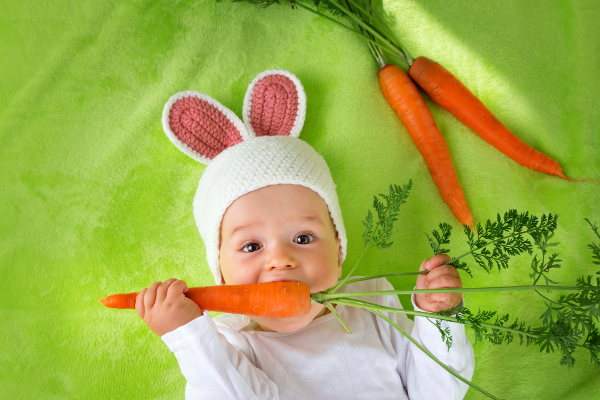
Five sugar-free baby foods!
We all know life is exceptionally busy and tough for new parents, and not everyone is going to have the chance to prepare everything from scratch. Thankfully, there are some great ‘no added sugar’ baby brands on the market. Each of the following can be ordered online:
1. Kiddie Cubes: created by a fellow nutritional therapist, this frozen cube range is inspired by home cooking. You’ll find plenty of organic vegetables and fruits within.
2. Clearspring Organic: the single flavour Organic Fruit Purees from Clearspring are suitable for weaning. Not a hint of added sugar in sight! Remember, it’s the single flavour varieties we’re looking for here.
3. Piccolo Organic: Planet Organic stock this range based on mediterranean ingredients. The Squash, Red Pepper & Chickpea with a hint of rosemary sounds impressive, as does their Spring Green with a hint of mint! There are also fruit-based options. Please be aware, the Cherry & Yoghurt contains whole milk, in case of lactose/dairy intolerance.
4. Holle sell a weaning porridge supplemented with vitamin B1 and suitable for use with milk, dairy-free milk and infant formula.
5. Ulula has a great range of Organic Vegetable and Meat Jars, plus Organic Food Pouches. Their Organic Fruit Jars contain some fruits from concentrate, so I’d read the ingredients and stick to the fruity Food Pouches where possible.
It’s great that your daughter is still making her own baby food alongside. I do encourage new parents to invest in a good blender and some ice cube trays (fantastic baby shower gifts!) as this may prove more nutritious and cost-effective. I also encourage new mums to take all offers of help and welcome dads, friends and family members’ assistance with baby food preparations.
I hope this goes some way to answer your question, Kelly! Everyone, please feel welcome to add to the discussion in the comments. You can also leave your own ASK Angelique question below, or submit this by Email, Twitter, Instagram or Facebook.
Keep up with all the latest conversation by joining my Health Tribe newsletter list.
Nourishing well wishes,
Angelique
Consult your doctor or health care practitioner for any health problems, and before embarking on any new health regimes, using any supplements or before making any changes in prescribed medications or food programmes.


